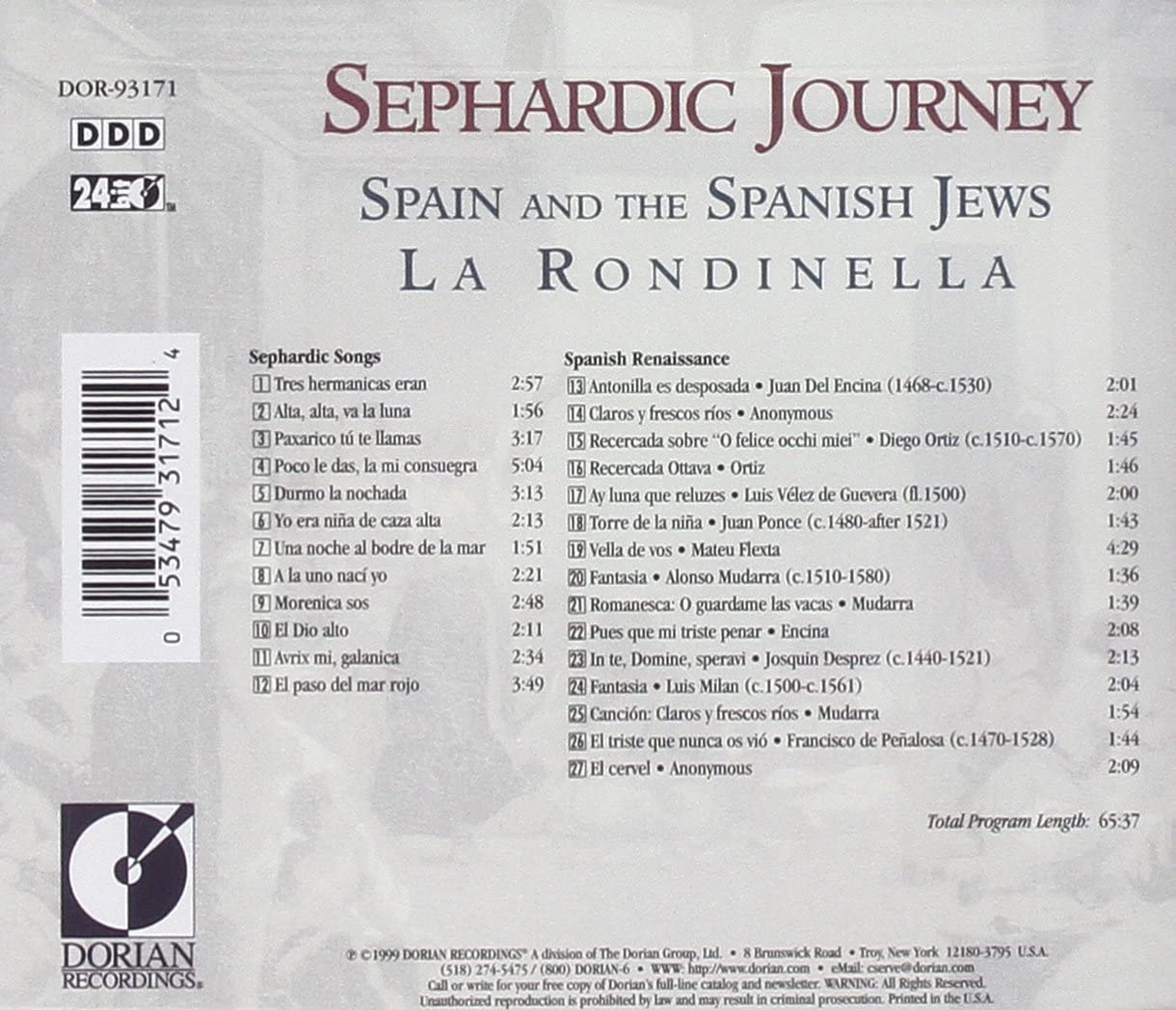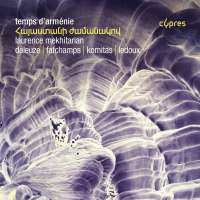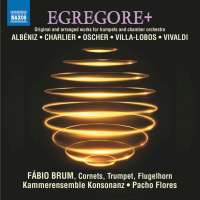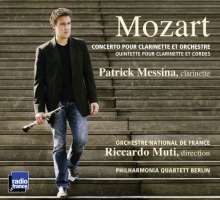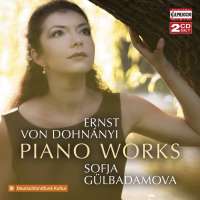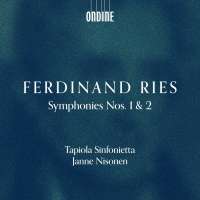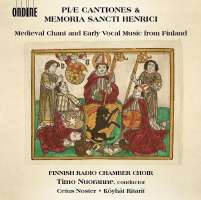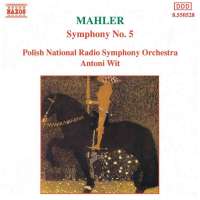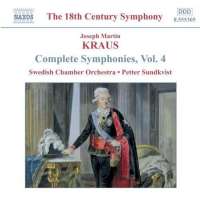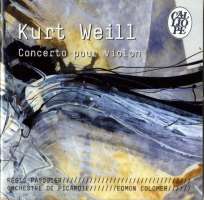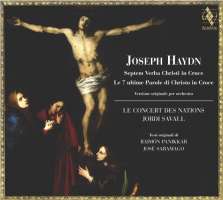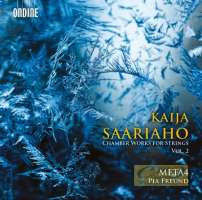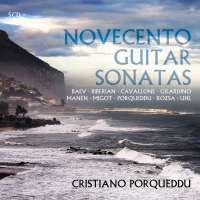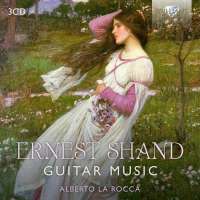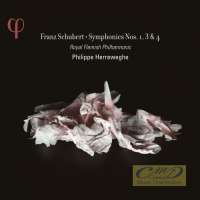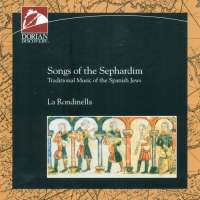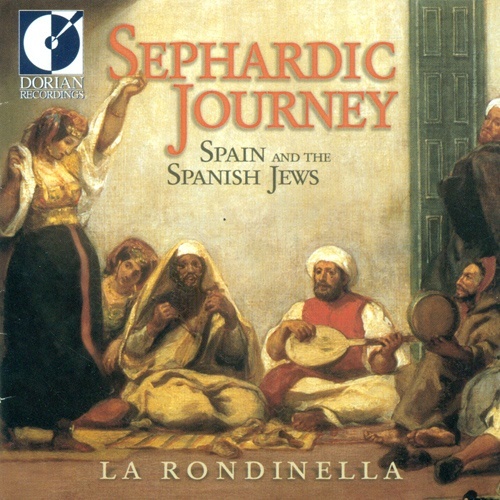
tytuł
Sephardic Journey
wykonawcy
La Rondinella
nr katalogowy
DOR 93171
opis
The similarities in language between the Sephardim and the Spanish Renaissance composers are clear, and on this recording, with just a few exceptions, we have used the same instruments to play both repertoires. But the two repertoires differ in significant ways. Although the Sephardim as a distinct culture are much diminished since the end of World War II, theirs is a living tradition, conveyed orally from generation to generation. In the early part of the 20th century, the music began to draw the attention of folklorists, who transcribed the tunes and words as they heard them. Much of this music was played in the home, not presented in concert, and how the songs were sung and played was probably as varied as the people who performed them over several centuries. Spanish court music, on the other hand, was written down, published or preserved in manuscripts, and since the late 15th and early 16th century, frozen in form. Though direct links to performance practices have not survived, much can be understood or inferred from the writings of the composers and theoreticians of the Renaissance. Howard Bass
nośnik
CD
gatunek
Muzyka klasyczna
producent
Dorian
data wydania
02-11-2010
EAN / kod kreskowy
53479317124

(Produkt nie został jeszcze oceniony)
cena 58,00 zł
lubProdukt dostepny w niewielkiej ilości.
Wysyłka w ciągu 3 dni roboczych
Darmowa wysyłka dla zamówień powyżej 300 zł!
Darmowy kurier dla zamówień powyżej 500 zł!
sprawdź koszty wysyłki